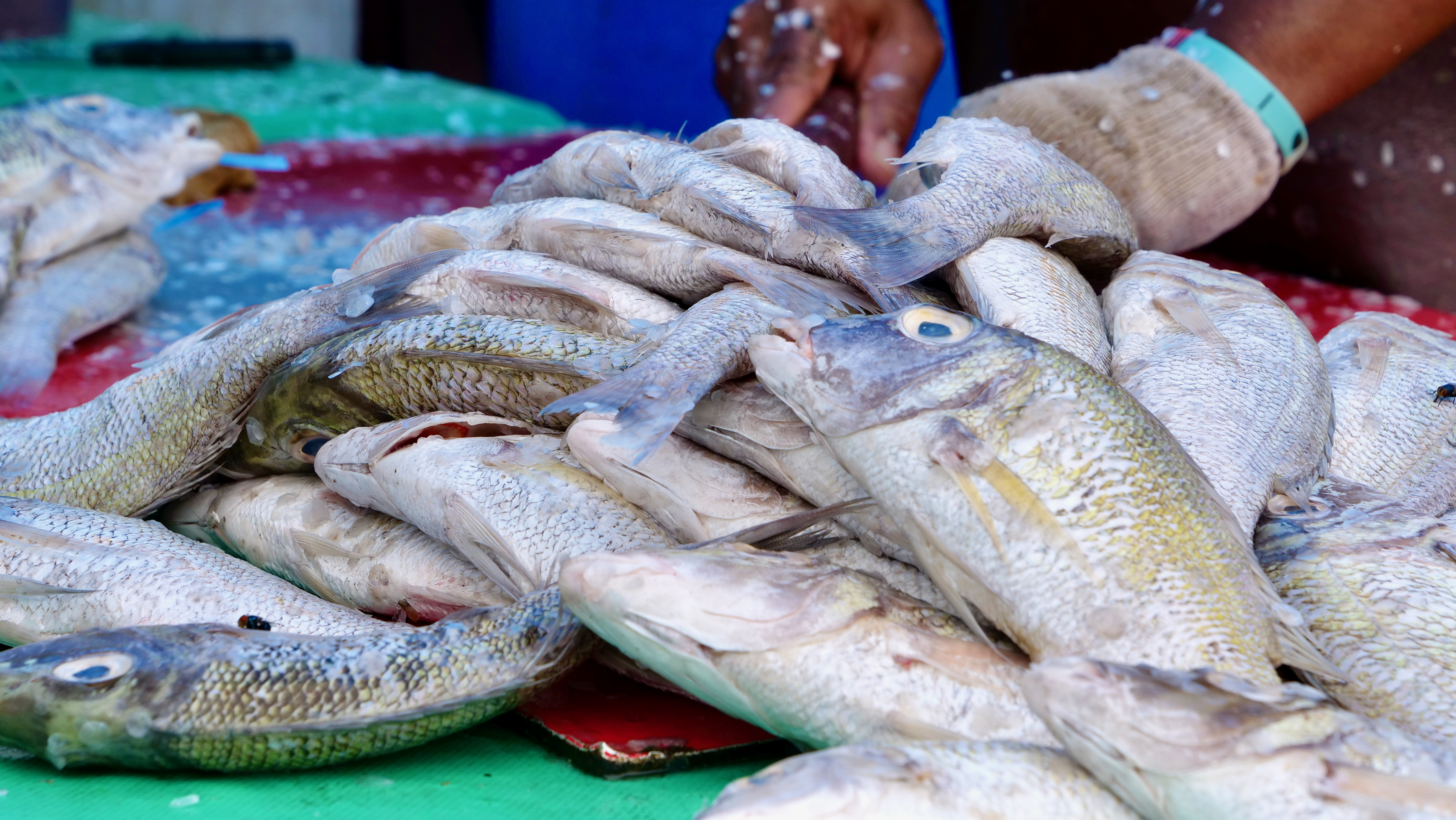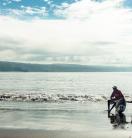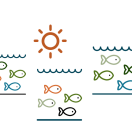Securing Pacific coastal fisheries through community-based approaches

A new ACIAR project will soon commence across the Pacific to further strengthen and scale community management of coastal fisheries resources.
Across the region, catching, trading, and eating fish close to shore has been a central way of life for millions of Pacific Islanders. But now, inshore fisheries face many threats, including overfishing, climate change and, in more recent times, the disruption to livelihoods from the COVID-19 pandemic.
Efforts by national fisheries agencies to improve community-based fisheries are further hindered by scarce resources and the remoteness of many coastal fishing communities.
With joint funding between the Australian Department of Foreign Affairs and Trade and ACIAR, key regional bodies and national government partners are joining forces to build and refine community-based management practices and see how best, and via what scaling mechanisms, these can most effectively be rolled out across the Pacific.
This new four-year A$7.5 million project is a partnership between the University of Wollongong, Pacific Community (SPC), World Fish Centre and ministries and departments of fisheries and marine resources of Solomon Islands, Kiribati and Vanuatu.
At the heart of the four-year research activity is Community-Based Fisheries Management (CBFM).
CBFM is an approach that puts fishing communities at the heart of sustainable management of resources. It is a set of principles and concepts that increases the likelihood of sustainable coastal fishery systems, providing human benefits and ecosystem services over the long term.
ACIAR Fisheries Research Program Manager, Prof Ann Fleming, said the new project will leverage and build on Australia’s decade-long investment in community-based fisheries management research and development.
‘Securing the sustainable supply of coastal fish is a priority response to food security challenges as a result of regional threats to marine resource sustainability, such as climate change, overfishing and the COVID-19 pandemic. Effective and socially inclusive CBFM will strengthen coastal people’s ability to adapt to change and absorb such shocks, while at the same time ensuring local sustainability of their fisheries resources.’
‘The project will work to strengthen government institutions, while increasing the voice and influence of women youth and other marginalised groups in coastal fishing communities,’ Prof Fleming said.
Project leader, Prof Neil Andrew from the Wollongong University, said securing a sustainable supply of coastal fisheries is increasingly becoming a critical priority for governments and communities across the Pacific.
‘The aim of this project is to scale up inclusive CBFM while ensuring these programs are self-sustaining and support resilient coastal communities.’
SPC Deputy Director General, Dr Paula Vivili, welcomed the next phase of efforts to roll out community-based management of fisheries resources.
‘The problems facing inshore fisheries of the region are enormous and we welcome an integrated approach from participating agencies and institutions to improve the lives of coastal people.’
‘This new phase under the CBFM initiative will be an integral part of a regional network needed to scale up CBFM to a much greater proportion of coastal communities.’ Dr Vivili said.
The four-year project has three key outcomes. These are to establish strong and socially inclusive CBFM practices in coastal communities, create an enabling environment for socially inclusive CBFM at scale and incorporate project learnings into regional platforms and forums.




